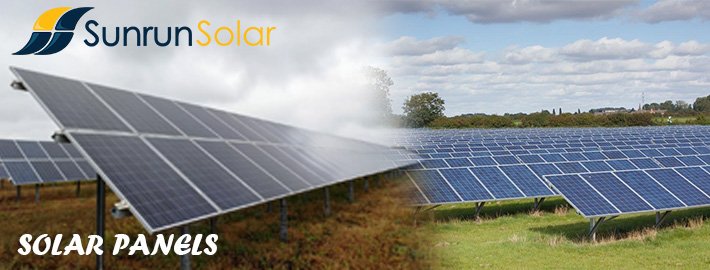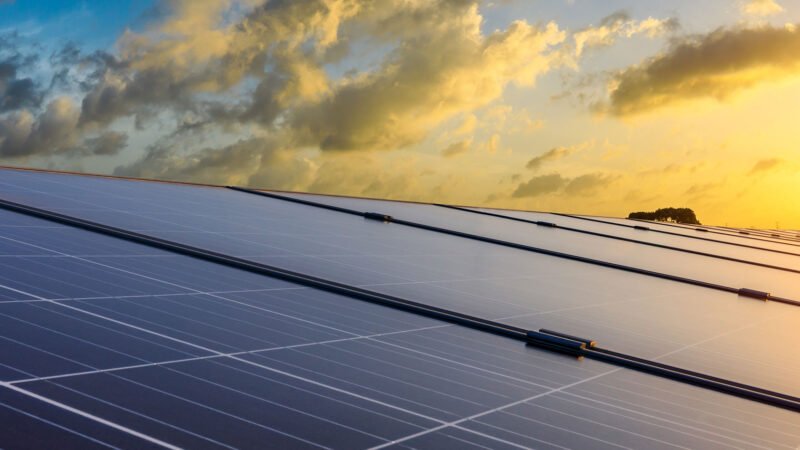Flooding, plumbing spills, and water harm can occur whenever. Inner and outside powers can hurt…
Is it possible to recycle old solar panels?
Those who manufacture and sell solar panels in Melbourne are aware of its advantages provided to commercial and residential customers. These are renewable, clean, reduce gas emissions, and don’t require any maintenance over the investment period compared to other energy forms.
However, not many people know that solar panels are recyclable.
Yes, you read it right.
Explore our blog ahead and find out how solar panels are recycled.
How are solar panels disposed of?
The solar panel manufacturers are bound by law to execute specific legal standards and recycling standards to ensure that the solar panels don’t affect the environment. This is where solar panel recycling appears.
Photovoltaic procedures are used to recycle solar waste.
Silicon modules are compiled of three materials: glass, aluminium, and plastic. These three materials are recycled in a massive quantity. But, the process in which all these three materials are separated requires advanced machinery.
Following are the major steps for the recycling of silicon solar panels:
- Aluminium frame removal (100% reusable)
- Using a conveyor belt to separate the glass (95% reusable)
- 500oC thermal processings the temperature allows the evaporation small plastic components & endorse the cells to get separated easily.
- Drawing away silicon wafers & smelting them to become reusable slabs (85% reusable).

In thin-film solar panels, a drastic process is followed.
The panels are put in a shredder.
A hammer mill cuts the particles to 4 to 5mm. At this size, the lamination, which keeps the material together breaks and is removed. On the other hand, the silicon panel remaining containing both liquid & solids and separating them is tedious. A screw is used to separate liquids and solids. The liquids are drawn through precipitation & dewatering phases to make certain of purity. The resulting material undergoes the metal processing to separate various semiconductors.
Solid materials are impure because of the presence of interlayer materials. These are lighter mass and can be eliminated through the vibrating surface. This material goes through rinsing, and the remaining is pure glass. Almost 90% of glass elements are saved through this process which further can be re-manufactured.
Life of a solar panel
How long will your solar panel last? This question might be popping inside your question cloud. As per researches, solar panels have 30 years of life span before they start decommissioning. During this period, almost 20% fall in power capacity might be experienced. In the first 10 to 12 years, nearly 10% decrease in the efficiency can be noticed, and in the next 25 years after that, it could reach up to20%.
However, these figures may change from manufacturer to manufacturer. Some Residential Solar Panels Perth users have experienced only 6-8 per cent drop in the efficiency even after 25 years of the usage. In high-quality PV panels, the user may start noticing the drop in 30 to 40 years.
What About Solar Panel Waste?
Without solar panel recycling, there would have been 60 million tons of PV panels waste in the landfills by 2050. As PV cells contain a few amounts of toxin, it would have made the energy sourcing non-sustainable.
So next time when you buy Solar Panels Melbourne, recycle them to make this earth greener.











